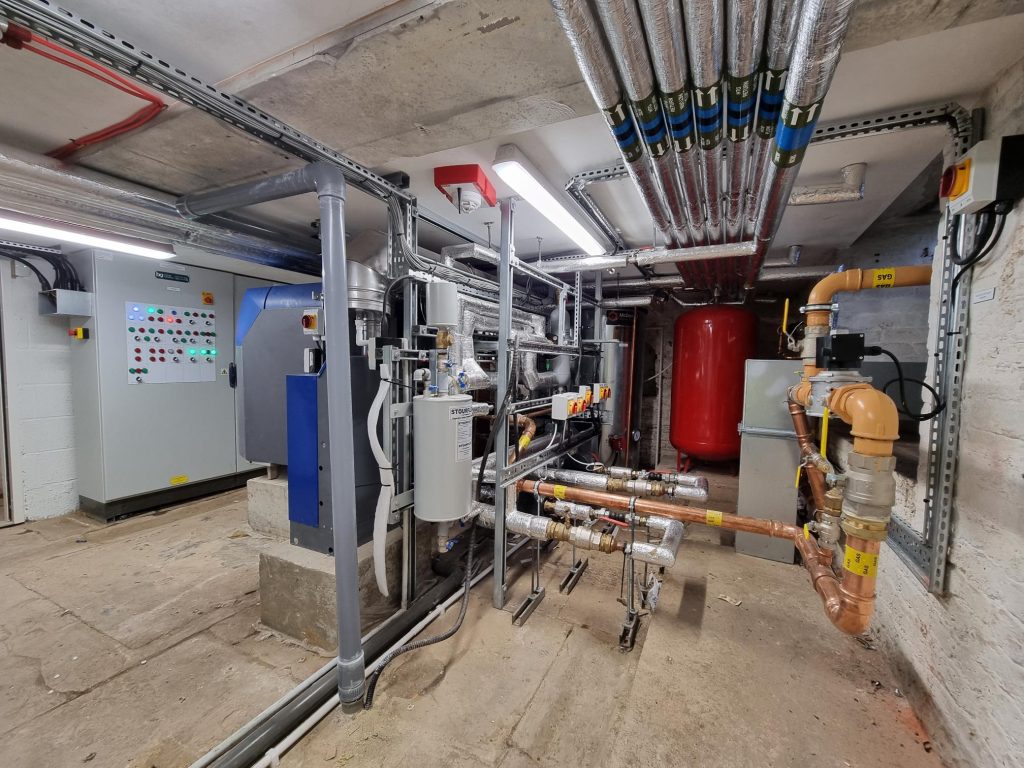Fire Damper Drop Testing
By law, all fire safety systems must be professionally maintained to ensure the safety of building occupants on a regular basis.
All employers are responsible for maintaining their fire safety systems in line with the Regulatory Reform (Fire Safety) Order.
Compliance requires that fire damper testing is carried out annually by way of a visual inspection of the fire damper, and a drop test.

Full-spectrum Fire damp and drop testing
At Bry-kol, we specialise in Fire damp and drop testing. Fire damper testing is an important safety requirement for facilities and environments with ductwork of any kind. At Bry-kol we offer a reputable and accredited service to ensure the welfare of your organisation and workforce, whilst ensuring you remain compliant.
With over 40 years experience, Bry-kol has grown and maintained an excellent reputation for a reliable, quality and cost effective service throughout Staffordshire and across the UK.
Our Fire Damp & Drop testing services includes:
- Initial inspection
- Experienced Installation specialists
- Visual check of the integrity of mechanism
- Cleaning of the mechanism
- Service, repair & maintenance
- Full support & back up
- Fire damp and drop report
- Unrivalled customer care
With over 40 years in the HVAC industry we are experts in our field. We have worked closely with a huge range of sectors from retail to private healthcare within Staffordshire and the surrounding areas.
Our Engineers are approved installers and qualified service engineers, trained to the highest industry standards and best-practices. All of our refrigeration engineers are City & Guilds , Safe Handling of Refrigerants trained, and F Gas certified.
Cost-effective Fire damp and drop testing in Staffordshire.
Fire dampers are located where ductwork passes through fire compartment walls and floors. Typically held open by a ‘fusible link’ i.e. a device that releases a component such as a fire damper or fire shutter at a set temperature’.
When met by high heat, a fusible link releases and closes the fire damper.
Our team of experts will manually release the fire damper and visually check the mechanism. All fire dampers should close fully on release.
Are you compliant with your Fire damp and drop testing? We can help you get compliant!
